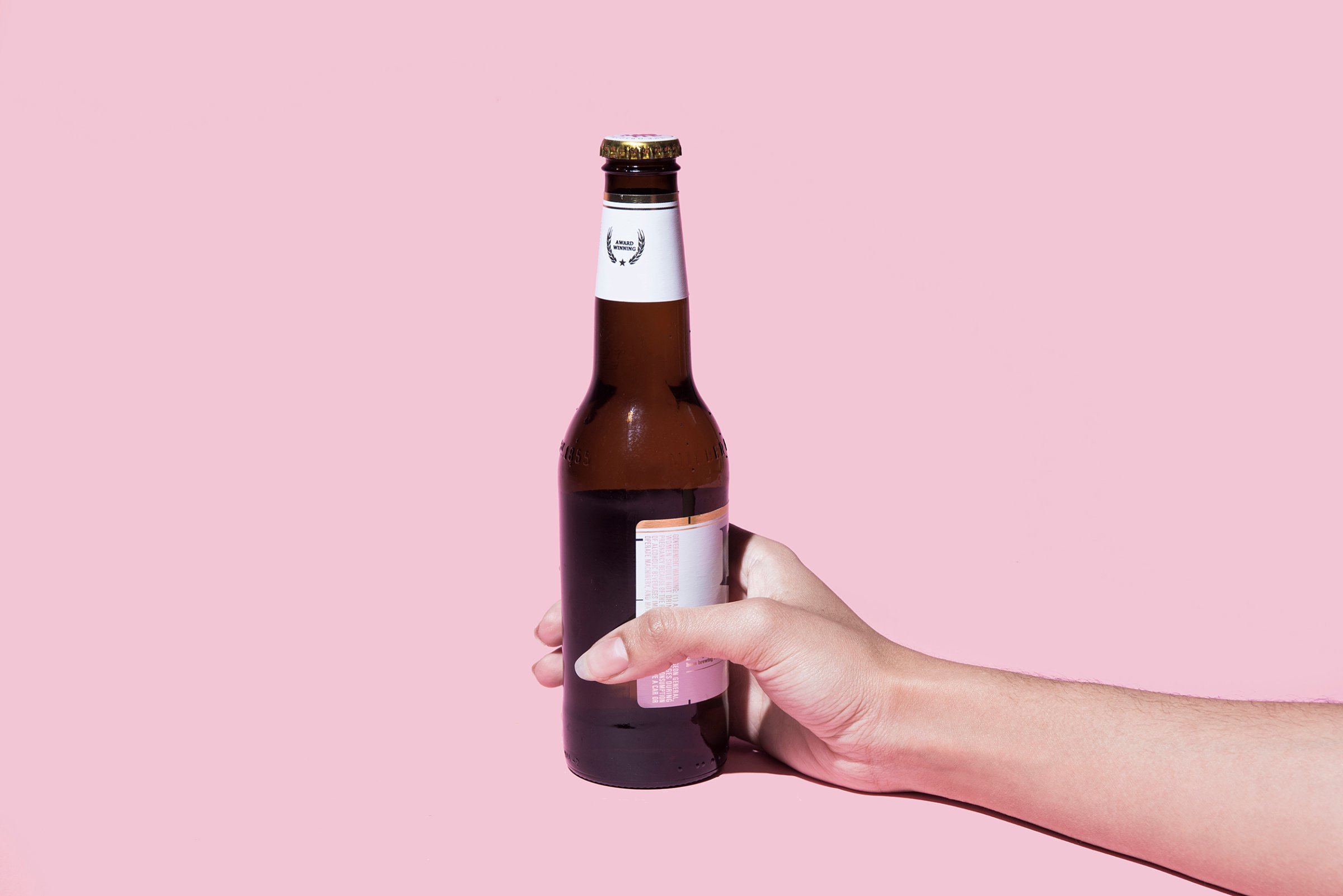
Resolutions go hand in hand with the start of a new year. And Dry January, the annual initiative to stop drinking alcohol for the first month, is one of the more popular New Year’s challenges, drawing in millions of people in multiple countries each year.
Should you try it in 2019? Here’s what experts say.
Drinking less is probably good for your health
Conventional wisdom (and federal guidelines) say that moderate drinking — up to a drink per day for women, or two per day for men — is okay for health. But several prominent 2018 studies found that drinking even small amounts of alcohol may be associated with higher risks of health problems and death, and that the risk of developing alcohol-linked conditions, such as cancer, may outweigh potential benefits associated with booze, such as better heart health. Most experts — even those who don’t advocate for outright alcohol abstinence — say the less you drink, the better.
Katie Witkiewitz, a professor of psychology at the University of New Mexico’s Center on Alcoholism, Substance Abuse and Addictions, agrees that any decrease in drinking, even a temporary one, is likely a good thing. “We know that reductions in drinking are associated with improved health and improved sleep and improved mood, and taking just a month to reduce your drinking reduces the overall pattern of consumption,” Witkiewitz says. “By cutting it out for a month, you’ve consumed less for the year.”
Dry January might be the start of something good
Dr. Richard Saitz, an internist and addiction medicine specialist at Boston Medical Center, says that a month-long reprieve probably isn’t enough to significantly affect your chances of either developing or preventing chronic conditions. But he says it can lead to short-term health improvements that may spark long-term change.
“Whatever amount you’re drinking, you might realize that you feel the same or even slightly better by not,” Saitz says. “If you notice it and it’s something you’d like to be better on, maybe you’ll drink a little bit less [in the future].”
Even having the space to notice negative changes can be beneficial, he adds. If you experience side effects like anxiety, mood disturbances or physical discomfort when you cut back on booze — or if you’re not able to cut back at all — you may realize your drinking is problematic and seek help, Saitz says. (Just keep in mind that true alcohol withdrawal can be a serious health issue, so if you drink heavily, you may want to consult a doctor before you attempt Dry January.)
Witkiewitz adds that a month without drinking will likely also force you to develop habits and hobbies that don’t revolve around alcohol, which may stick around well after January. “By finding other ways to celebrate and self-medicate through that month, even if you’re returning to drinking [afterward], you might not necessarily assume alcohol’s the only way,” she says. “It’s a really great exercise in just learning how to live life without alcohol, and ways of being in the world without alcohol.”
Ruby Warrington, author of the forthcoming book Sober Curious and creator of a 100-day sober reset program, says you might reap even more benefits if you extend Dry January beyond its month-long framework — or attempt it at another time of year.
“You’re going to be challenged a lot less being dry in January [when lots of people are doing it] than if you chose to be dry in August,” Warrington notes. “Ultimately if you want to change a habit, putting yourself in challenging situations is going to expedite that.”
Warrington also says from experience that the benefits of going dry, such as better sleep, focus and self-assurance, compound over time, so experimenting for two months or more may be most impactful. “It’s really only after a couple of months that you get to experience all of the benefits of not drinking, and really experiencing those benefits is so motivating,” she says.
Just approach it in the right way
Witkiewitz says the only real downside of Dry January is that it can promote all-or-nothing thinking about alcohol, which isn’t necessarily healthy.
Depriving oneself completely can lead to future binging, Witkiewitz says. Like a dieter who eats very little and then consumes an entire box of cookies, people who participate in Dry January may binge-drink when they do return to drinking, or if they slip up during the month. A “less pejorative” outlook, Witkiewitz says, might promote more measured behavior. And in the long term, the best approach is drinking in moderation year-round, rather than normalizing a pattern of heavy imbibing during the holiday season, followed by total abstinence, she says.
“I don’t like validating the either-or, because I think there’s a lot of in-between,” Witkiewitz says. “Any reduction in drinking, even if it’s going from four drinks at an occasion to two drinks at an occasion, is going to be beneficial.”
More Must-Reads from TIME
- How Donald Trump Won
- The Best Inventions of 2024
- Why Sleep Is the Key to Living Longer
- Robert Zemeckis Just Wants to Move You
- How to Break 8 Toxic Communication Habits
- Nicola Coughlan Bet on Herself—And Won
- Why Vinegar Is So Good for You
- Meet TIME's Newest Class of Next Generation Leaders
Write to Jamie Ducharme at jamie.ducharme@time.com